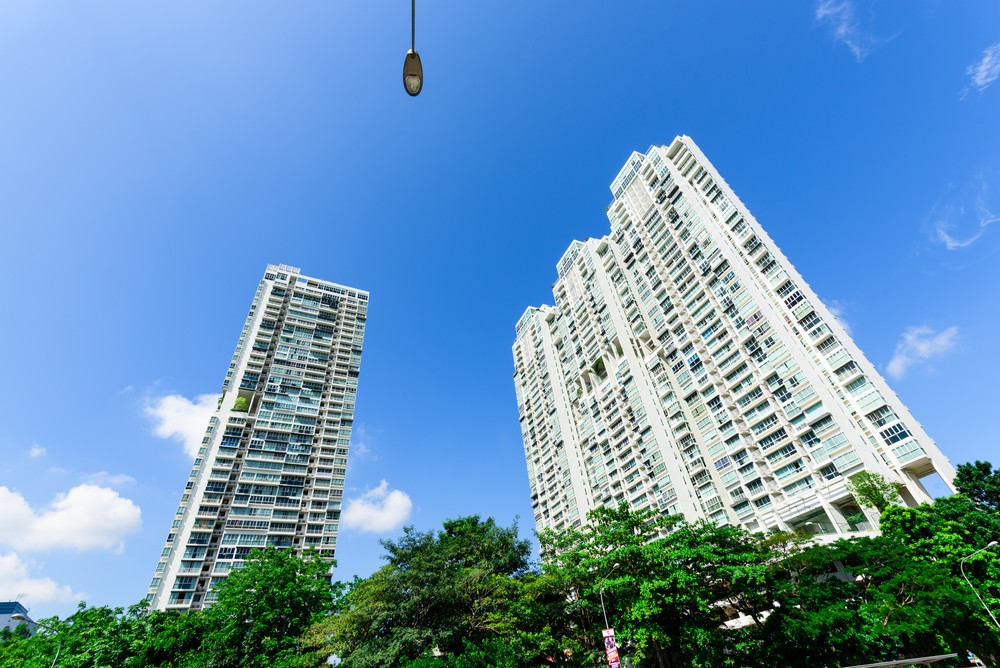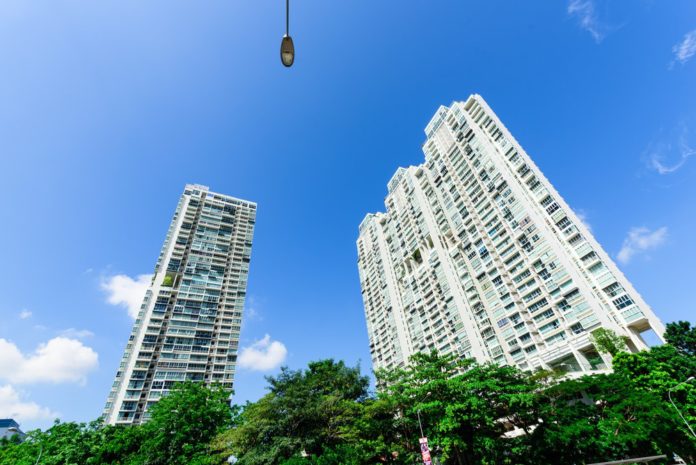THE sales of private homes in Singapore showed a healthy demand for the property market as nearly 90 percent of the units launched in November were sold.
This came after the government introduced cooling measures which led to the slow down in the increase of residential property prices.
According to the Straits Times, the city-state saw 1,198 units sold out of the 1,341 units launched, the highest since cooling measures were announced.
SEE ALSO: What renting a property in Singapore will cost you
The Urban Redevelopment Authority (URA) released the figures on Monday which showed a 52 percent jump from the 788 units sold a year earlier.
The sales were also up 146 percent from the 487 units sold in October.
However, the figures did not include executive condominium (EC) units, which were a hybrid of public private housing.
The property market saw the launch of seven new projects made up of 830 units, which accounted for 69 percent of the new private home sales in November.

Low angle view of a modern point block private apartment and condos building with cloudy blue sky in background surrounded with green garden. This is a typical Singapore high-rise residential tower. Source: Shutterstock
City-fringe projects such as Parc Esta and Whistler Grand were among the top sellers.
The number of units sold stood at 8,644 this, which amounts to 82 percent of last year’s total volume of 10,566 for the year to date, according to the Straits Times.
Last week, brokers predicted the prices of residential properties in city-state would remain stagnant or even dip next year.
SEE ALSO: Singapore’s residential property prices to be at ‘standstill’ next year
While the prices of homes were predicted to increase as much as 10 percent this year, estimates compiled by Bloomberg show a decline of up to three percent next year and home sales below 2017 levels this year may not appreciate any further next year.
Singapore’s regulators saw the need to introduce the measures in wake of a seven percent hike in prices during the first half of the year owing to aggressive land bids from developers and collector or redevelopment transactions, according to Bloomberg.
Other constrictions include the government limiting the number of “shoe-box sized” apartments that developers can build, along with additional anti-money laundering safeguards.





